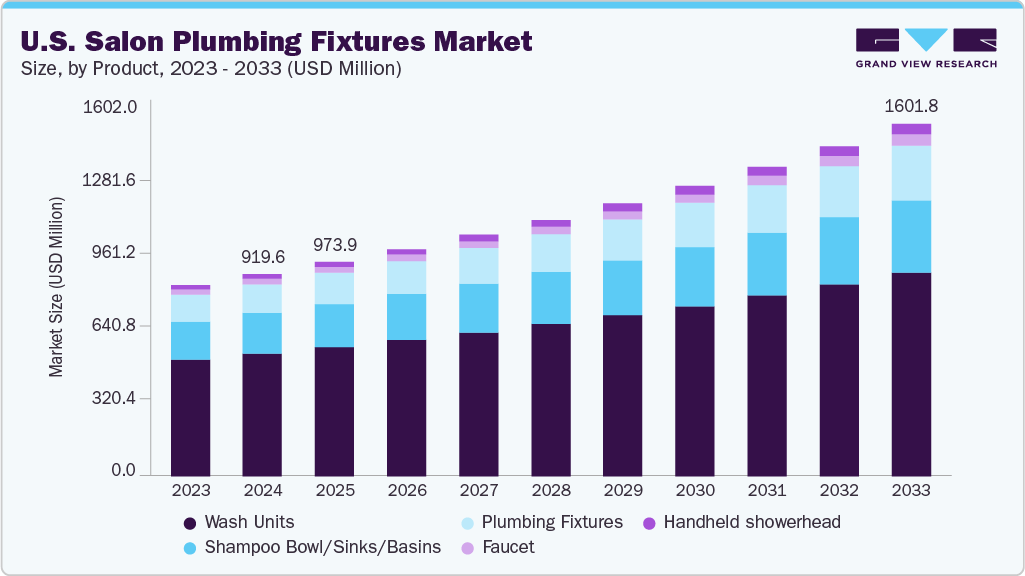This as-told-to essay is based on a conversation with Joseph Ahrens, a 39-year-old plumbing superintendent based in San Diego. The following has been edited for length and clarity.
I was born and raised in Southern California. My mom started her career in healthcare client management when I was a baby, and she still works at the same company. She’s my role model — she’s always had a good work ethic because she had to provide for our family.
My grandfather and uncles own and operate a plumbing business in San Diego. I used to work there as a teenager during winter and spring breaks to fuel my hobbies of fishing, surfing, and riding motorcycles — they all cost money.
My brother inspired me to get into the industry
My older brother, Joshua, started his plumbing apprenticeship after graduating high school. Seeing his income strongly influenced me. In his early 20s, he bought a new truck and a house.
Before I started my apprenticeship on my 19th birthday, he took me to Home Depot and bought me some of my first tools, which I still have.
I worked as an apprentice for three employers until 2007
The plumbing industry is very competitive here, so I quickly learned that I had to earn the respect of the veterans around me. They taught me that you must work hard to reach the next step.
I had coursework and hands-on learning for two semesters a year over four years. We had to pass a final exam each semester to move on to the next. The key lessons I learned were to be diligent, punctual, and respectful.
You’re getting paid a 40-hour wage, so you need to perform for 40 hours
It’s a physical career, but you must also use your brain.
California has a state wage guide for apprenticeships, and you get a pay raise each year. The basic hourly rate is $26.10 in the first year and $45.45 by the fourth year.
By the time you’re in year three, your income passes most of your teachers and friends from high school. In the fourth year, you’re almost making what we call “full boat,” which is the journeyman salary.
Fourth-year apprentice salary in California is around $75,000
Most of the people earning that are 21 years old. When you’re that young and making a decent living, you must prioritize what’s important and live within your means.
I preach to our young apprentices not to go overboard and learn to budget. I’ve seen many young guys buy the biggest and best new truck and spend all their money on silly things.
I always recommend saving when times are good. You have to be prepared to lose some work due to weather or other unforeseen events, and if you spend every cent you earn, that could be a problem.
I also tell young people who work for me to take care of their body
They need to take care of themselves physically, mentally, and financially. In construction, you must sleep well because the job starts at sunrise. It’s an eight-hour shift that often involves heavy lifting, shoveling, and working in the sun.
Start your construction career as early as possible, as you do the most physically demanding work when you’re young. Get the hard part over with and work up to running projects.
Construction is a career, not just a job
I worked my way up to superintendent in 2012, and I’ve been a general superintendent since 2022.
I earned just under $140,000 last year. We have around 17 superintendents or foremen looking after 120 field personnel, an office staff of about 20, and a fleet of around 25 trucks.
On a typical day, I open the doors at 5 a.m.
I’ll start by checking my emails from the night before and begin delegating tasks. I have an open-door policy for all personnel to come in as needed and address their daily issues. I also manage our fleet of vehicles.
By mid-morning, I typically head to a few projects in a region. In the afternoons, I check back in with my office team, including project managers and engineers, and discuss what we need to do to finish current jobs and start new ones.
I usually finish up at about 3:30 p.m., but I can sometimes be out fishing by noon.
My biggest career advice is to put your family first and stand up for yourself even if it seems like it’s a risk
If you know you’re right about something, you must go with it, especially when you work in a field that strongly emphasizes health and safety.
The biggest risk I took was resigning two years after finishing my apprenticeship with a great company because I felt there wasn’t any room for me to progress. It was a hard decision early in my career, but I wanted long-term career prospects.
There are a lot of opportunities in blue-collar work if you set goals and manage your career
I don’t get to work with power tools nearly as much as I’d like, but I still have opportunities to make an appearance and teach by showing instead of telling.
My responsibilities and commitments to my team far outweigh being able to put on tool bags and install pipes.
Over the past 20 years, I’ve paid off five vehicles and two boats and financially supported my wife while she was a full-time student. Living in San Diego is expensive, but thanks to the trades, I’ve been fortunate to provide well for my family.







